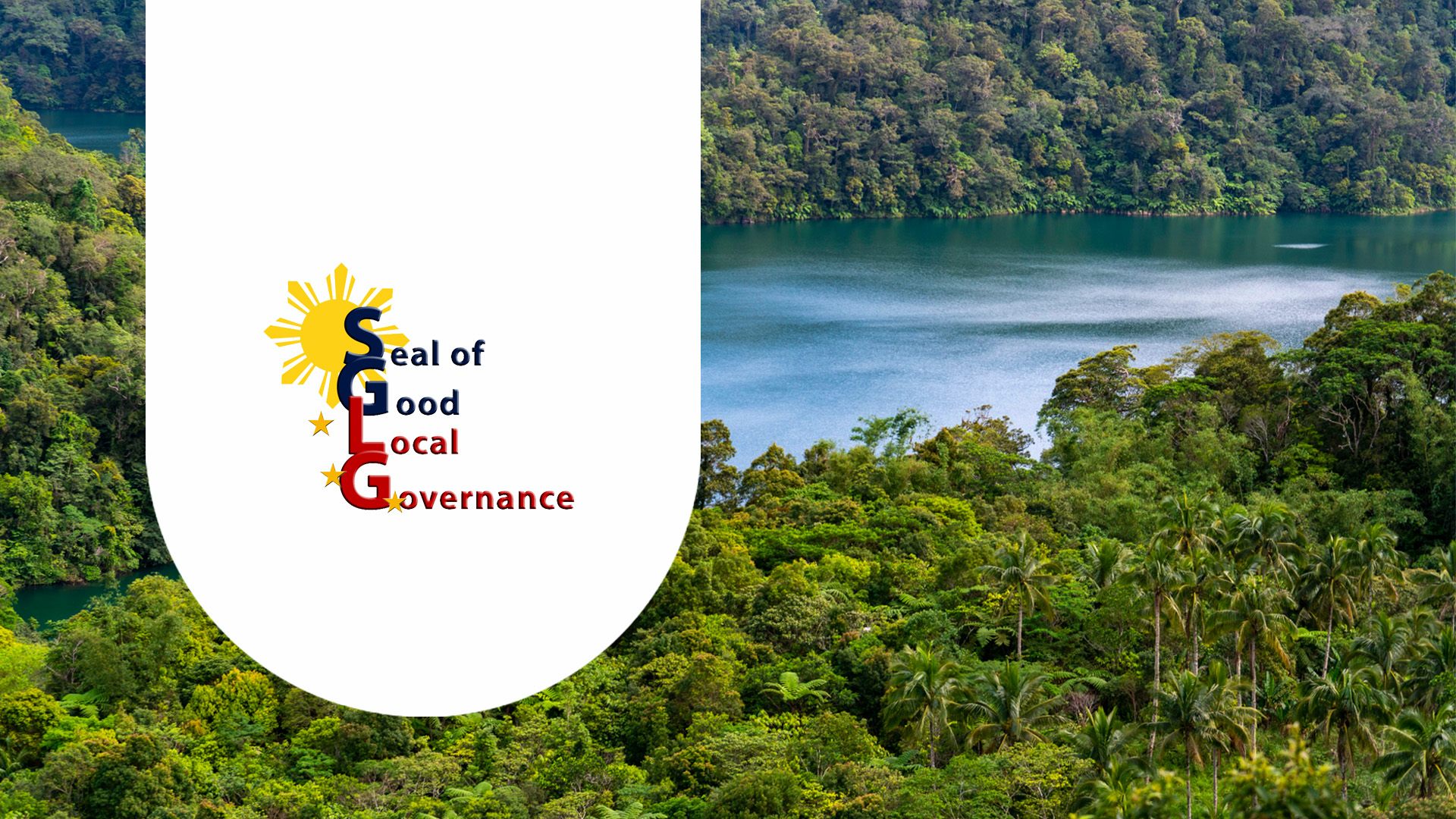The World Meteorological Organization revealed that 2024 was the warmest year ever recorded, breaching 1.55° Celsius above pre-industrial levels. The summer of 2024 saw Philippine cities experiencing searing temperatures, with Metro Manila sweating through a deadly 45° Celsius heat index in April.
With climate change effects escalating, 2025 will likely be another scorcher of a year. A smart way to reduce the temperature in our barangays, towns, and cities is to establish and protect green spaces, where trees can actively provide Pinoys with shade and fresh air while absorbing carbon dioxide.

To bolster the protection of local green spaces and other natural resources, stronger environmental safeguards will be included in the Seal of Good Local Governance (SGLG), a yearly award given by the Department of the Interior and Local Government (DILG) to Local Government Units (LGUs) that meet performance standards in 10 aspects of governance, from financial sustainability to environmental management. Launched in 2014, the SGLG was designed to push LGUs to continuously enhance public performance.
“Our LGUS are the first line of defense when it comes to natural calamities like the stronger storms and droughts brought about by climate change,” says Dumaguete City Mayor Felipe Antonio Remollo.
From 23 to 28 January 2025, officers from the Department of Environment and Natural Resources (DENR), the United Nations Development Programme’s Biodiversity Finance Initiative (UNDP-BIOFIN), DILG, and the LGUs of Negros Occidental, Negros Oriental, and Siquijor shall discuss ways to mainstream environmental safeguards into both the SGLG and the country’s LGU development plans, paving the way for more financial investments in biodiversity conservation.
The SGLG’s environment management governance section formerly focused on solid waste management and disaster preparedness. In 2023, it finally expanded to cover the establishment and upkeep of public parks and green spaces, plus the sustainable management of wetlands like coasts, rivers, and lakes. In the coming years, it might further expand to cover wildlife conservation and protection, proper forest land-use plans, and a requirement for LGUs to retain a Local Environment and Natural Resources Officer (LENRO).
“Governance is not limited to just human concerns; it also includes the care and stewardship of the natural systems that sustain our lives and communities,” said DILG Negros Island Regional Director Lailyn Ortiz through a message delivered by DILG Negros Oriental Provincial Director Farah Diba Gentuya.
“The DENR is committed to providing the necessary guidance, resources, and technical assistance to help our LGUs comply with our new environmental indicators,” adds the DENR Undersecretary for Luzon and Visayas Field Operations Atty. Juan Miguel Cuna. “No LGU shall be left behind in achieving these goals.”

Around 100 participants are slated to attend the workshops, which will help LGUs comply with the SGLG’s new biodiversity requirements while eventually developing toolkits to help both the DENR and DILG in assisting participating LGUs. “Hopefully, our workshops will allow every LGU in the country to meet SGLG standards, greatly enhancing their capacity to protect their respective natural resources,” says UNDP-BIOFIN Philippines National Project Manager Anabelle Plantilla. “As a bonus, LGUs that meet the new SGLG standards shall in turn be rewarded with a special budgetary allotment.”

UNDP-BIOFIN has been working closely with the DILG and DENR to mainstream biodiversity conservation since 2019. UNDP-BIOFIN and the DENR’s Biodiversity Management Bureau pushed for the adoption of a national roadmap for conservation; in 2016, the Philippine Biodiversity Strategy and Action Plan (PBSAP) was adopted by the DENR through Administrative Order No. 2016-12.
PBSAP, however, faced major budgetary gaps. As a solution, biodiversity conservation was gently integrated into the development and investment programs of national agencies, local governments, and private sector groups.
Active in over 40 countries, UNDP-BIOFIN has successfully helped raise over USD84 million for 107 legislative Philippine Protected Areas by pushing for increased congressional financing since 2020. Its Year of the Protected Areas campaign captivated public interest in visiting the country’s protected areas after the COVID-19 pandemic. UNDP-BIOFIN continues to work with public and private sector partners to mainstream sustainable funding for biodiversity projects. Operations in the Philippines are slated to conclude in 2027.
“These SGLG learning workshops are a welcome development for our LGUs. We hope they will enhance the LGU’s understanding of the unique biodiversity of Negros and our other regions,” concludes Philippine Biodiversity Conservation Foundation, Inc. Executive Director Lisa Paguntalan-Marte. “We want to help improve their capacity to develop activities and programs that will make tomorrow’s cities and towns more resilient to the challenges of changing times.”

